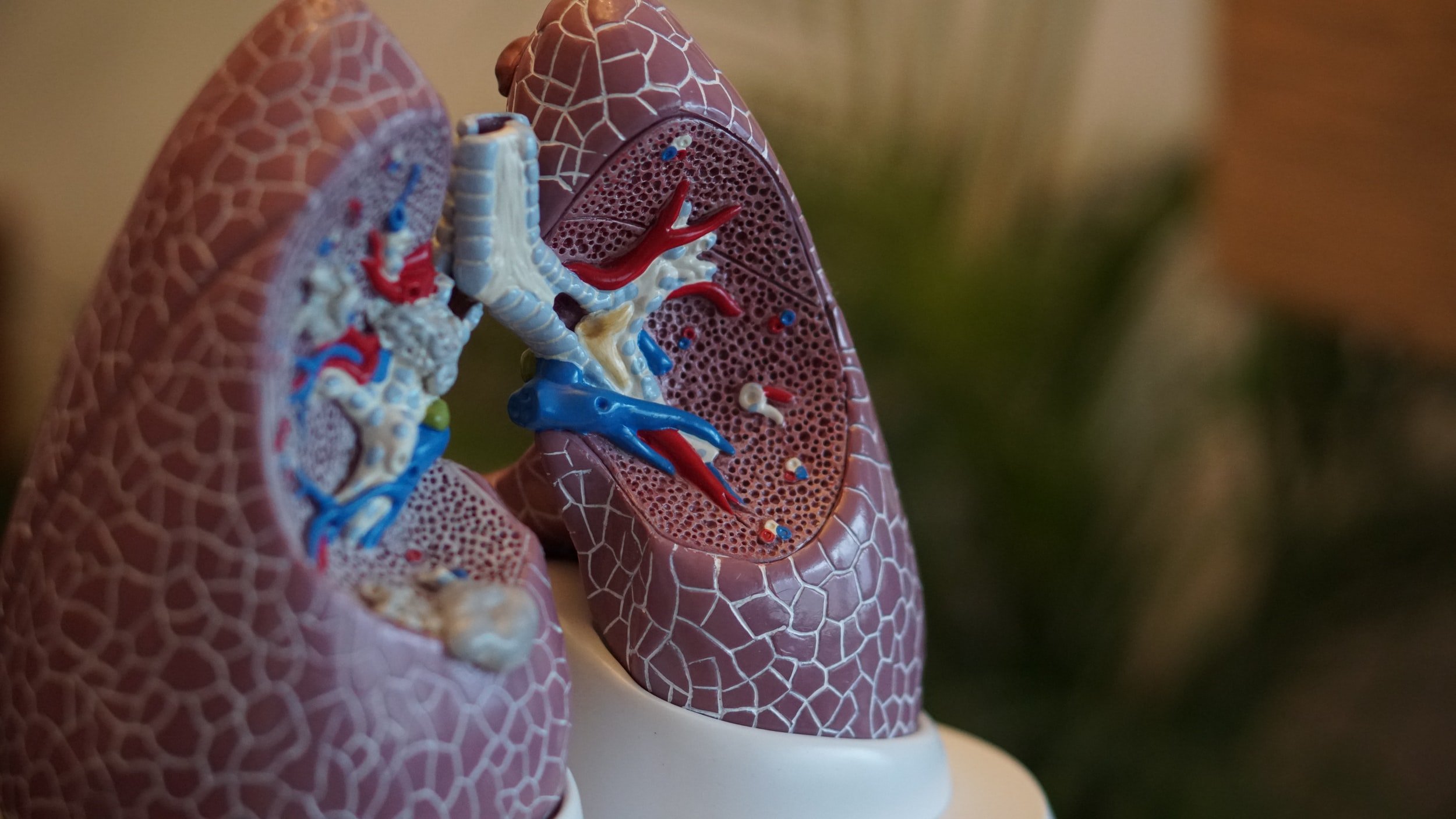Our 2021 Initiatives.
The 2020-2021 funding cycle brought us another impressive group of grant applicants. With COVID-19 taking the forefront of many philanthropic efforts, it was more important than ever for us to ensure that cancer research and programs continued to receive essential funding in the fight against this horrific disease. We are in awe of the amazing researchers and activists fighting cancer in the labs and supporting patients on the ground. Below are summaries of a few of the 2021 initiatives that we were honored to support.
Stopping Cancer Cell Division.
At Stanford, Jan Skotheim, PhD and Julien Sage, PhD are developing a new method to inhibit cancer cell growth by preventing the inactivation of the cell-division brake. They will use an automated screening system to identify which of 130,000 molecules prevent the brake from being located near the inactivating gene. Molecules identified as promising will be tested in mice. They believe that if their new and groundbreaking method of stopping the inactivation of the cell-division brake is successful, the resulting drug(s) could significantly improve the survivability in a large variety of cancers.
Determining Genotype-Driven Metastatic Ability.
At Stanford, Monte Winslow, MD is investigating which genes in lung cancer tumors are associated with greater risks of metastases. He hopes to determine which genes are associated with metastases in different organs and to determine which genes help evade the immune system. He will use CRISPR to integrate mutations into lung tumors. The results from this study will have a significant impact on the understanding of pre-existing metastatic proclivity endowed upon cancer cells by genomic alterations. This information will impact the ability to detect, diagnose and treat a wide variety of metastatic cancers.
Improving T Cell Immunotherapy Treatments.
At UCSF, Alex Marson, MD is using CRISPR to improve CAR-T cell function by adding genes to them to make them more effective. He is comparing different genetically engineered T cells to determine which are the most effective at killing cancer cells in cell lines and in mice models. Dr. Marson’s goal is to apply this technology to drug development in humans for many types of cancer.
Camp Okizu - Supporting Childhood Cancer.
Camp Okizu helps all members of families affected by childhood cancer to heal through peer support, respite, mentoring, and recreational programs. Due to the financial burden that often accompanies a pediatric cancer diagnosis, all of Camp Okizu’s programs are offered free-of-charge to the families they serve. Due to COVID-19 and the loss of their campground in the large North Complex fire, this year’s camps will be virtual. Virtual camp involves games, arts & crafts, cooking classes, physical activities and break out rooms. They are sending campers and families “camping in a box” with various items for the planned activities. It costs $1,000 per family to offer camp, supplies and support. Camp Okizu is a favorite of The Cancer League and camperships are funded yearly.




